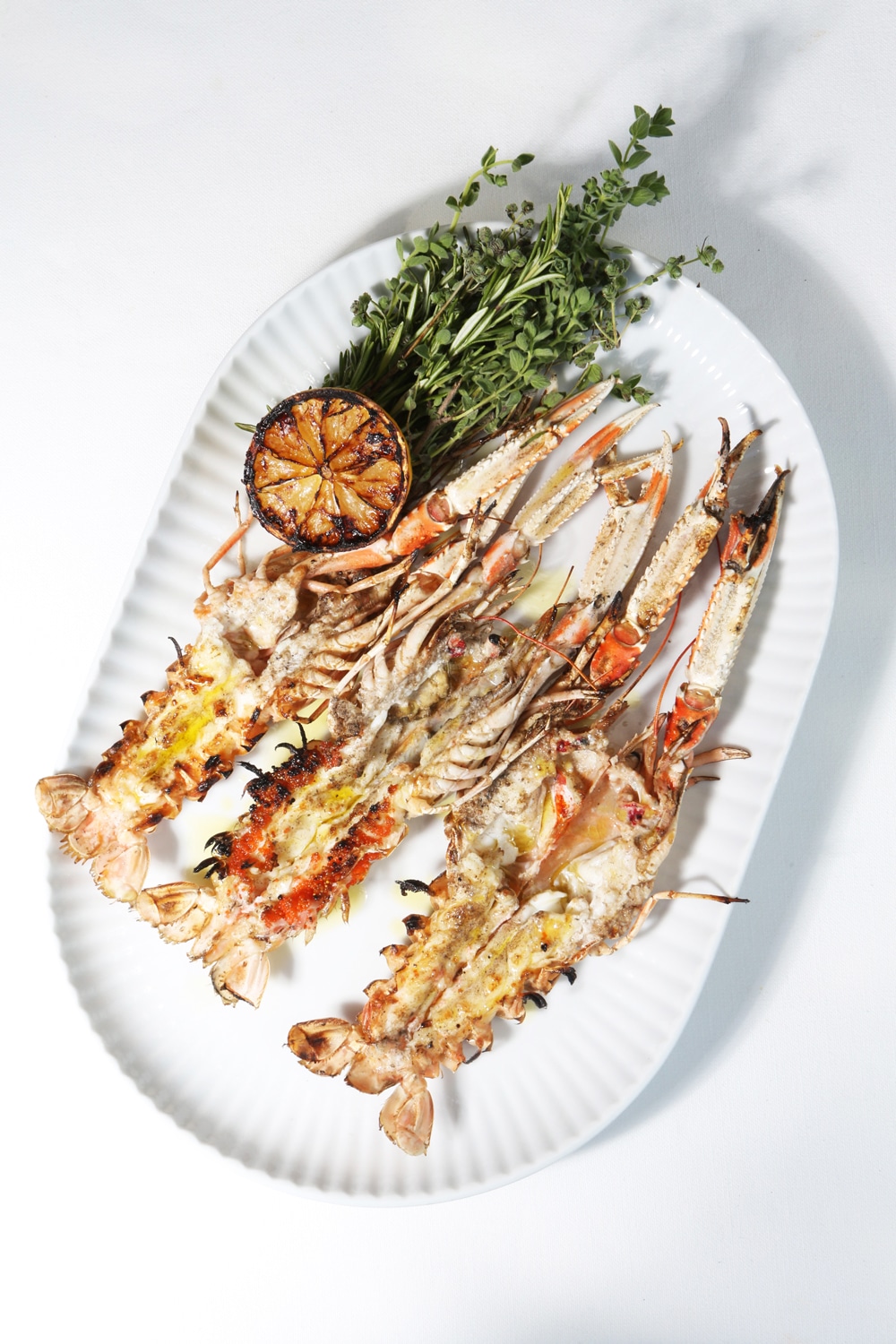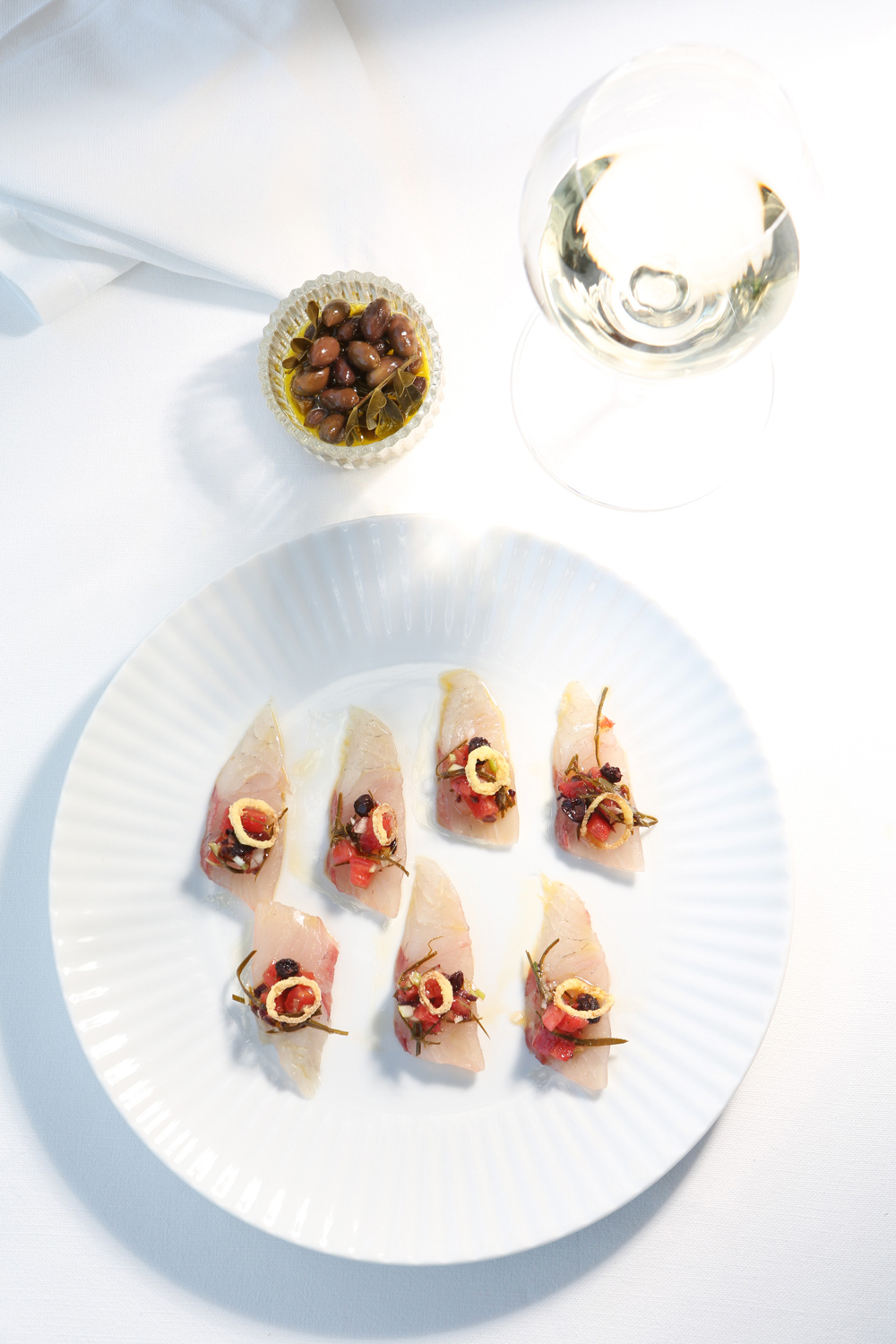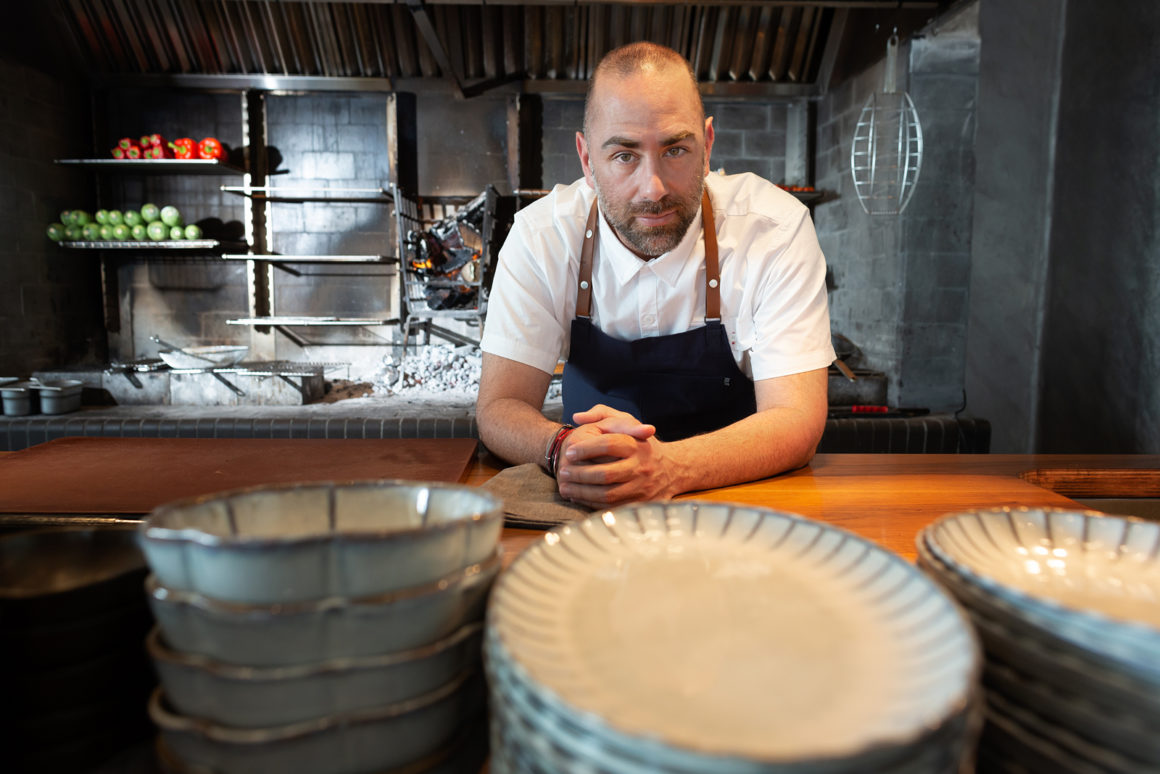Ari Vezené, a pioneering chef, restaurateur, and entrepreneur, has reshaped the culinary scene in Athens over the past fifteen years. As the founder of Green Garlic Management, his standout dining spots—Vezené, Birdman, Ikigai and Ekiben—are known for blending cultural traditions with innovative dishes and a strong focus on sustainability. Born and raised in New York, Ari’s diverse background drives his passion for exploring global flavors, while his warm approach to hospitality and commitment to ethical practices have earned him international recognition and a loyal following.
As a self-taught chef, what were the pivotal moments that shaped your approach to cooking?
Humble beginnings instilled a reverence for simplicity, locality and resourcefulness in the kitchen. Countless childhood summers on Meganisi island, taught me the value of seasonality and the importance of sustainability. Raising chickens for their eggs, goats for their milk, and lamb for their meat was a question of sustenance and subsistence for the Vezené household. The ancestral arts of smoking, curing, fermenting, pickling and preserving are a way of life on remote Greek islands. Hyper-local ingredients, open fire cooking and an obsession with provenance shaped my approach to cooking.
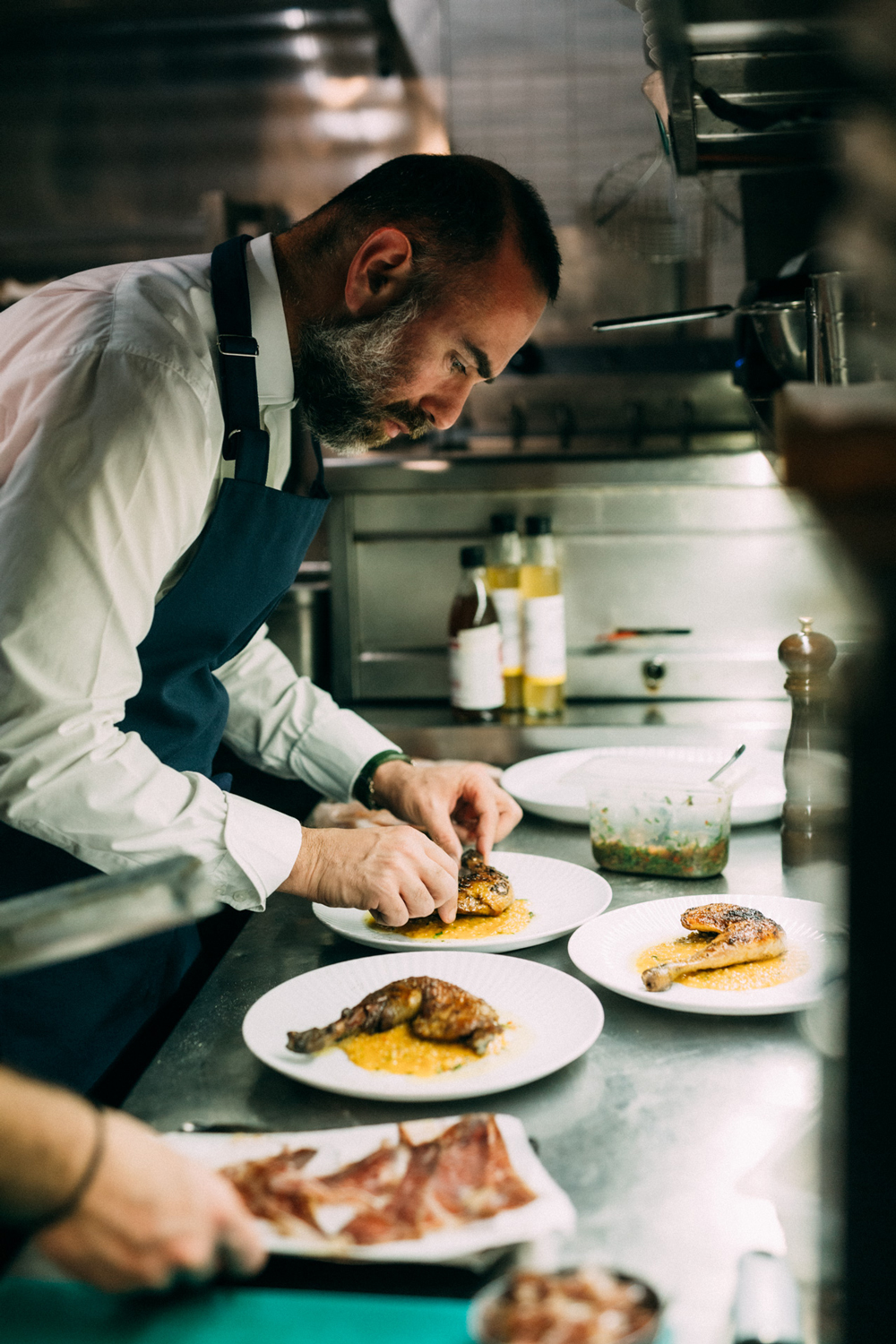
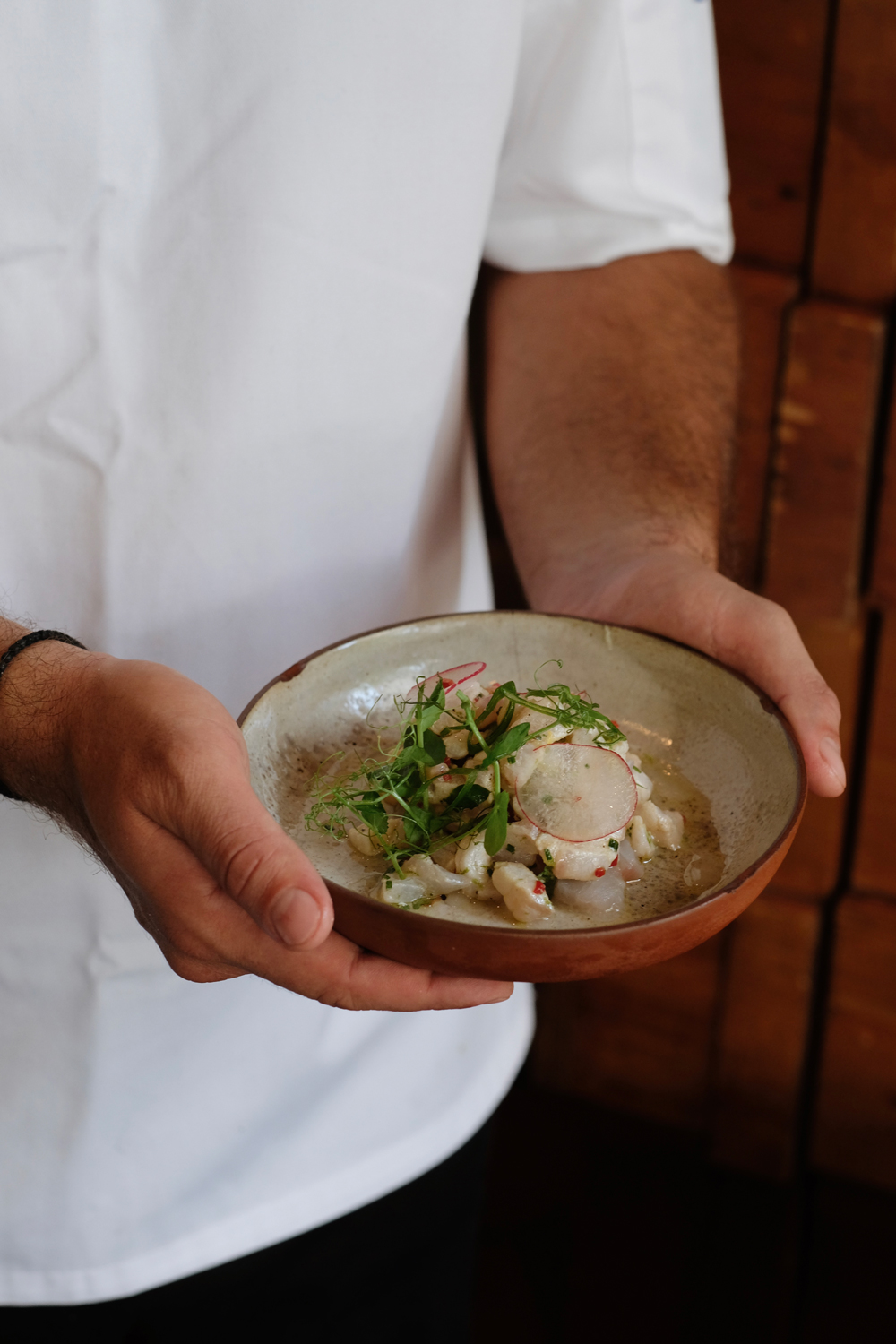
Your menu at Vezené blends rustic and modern elements of Greek cuisine. How do you strike a balance between honoring tradition and innovating with new flavors?
My cooking style is a fusion of family history, childhood memories, and precise techniques picked up on extensive travels in Japan, South America, Italy and Greece. I was always excited by serving contemporary interpretations of regional Greek cuisine, using undervalued ingredients in unexpected ways.

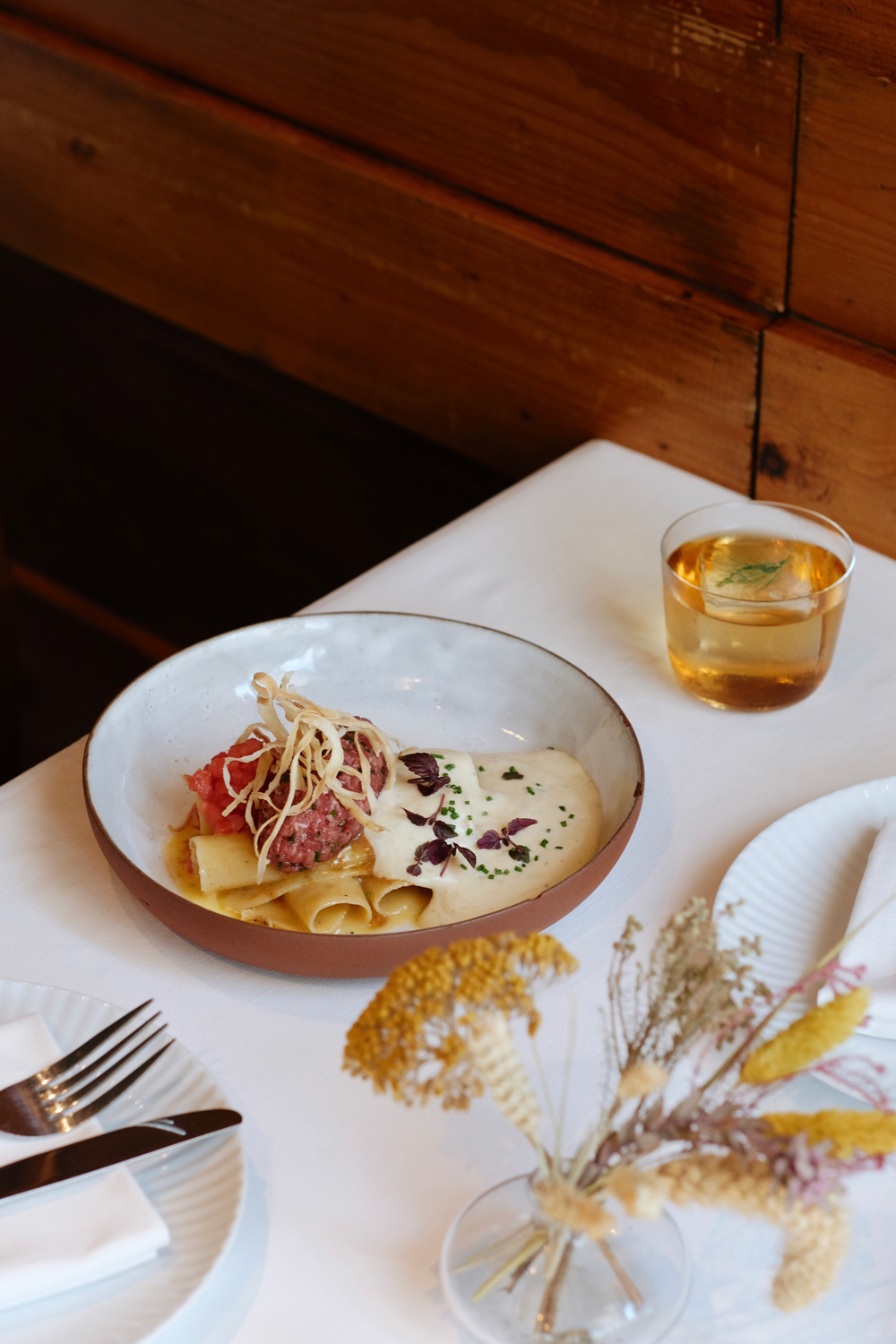
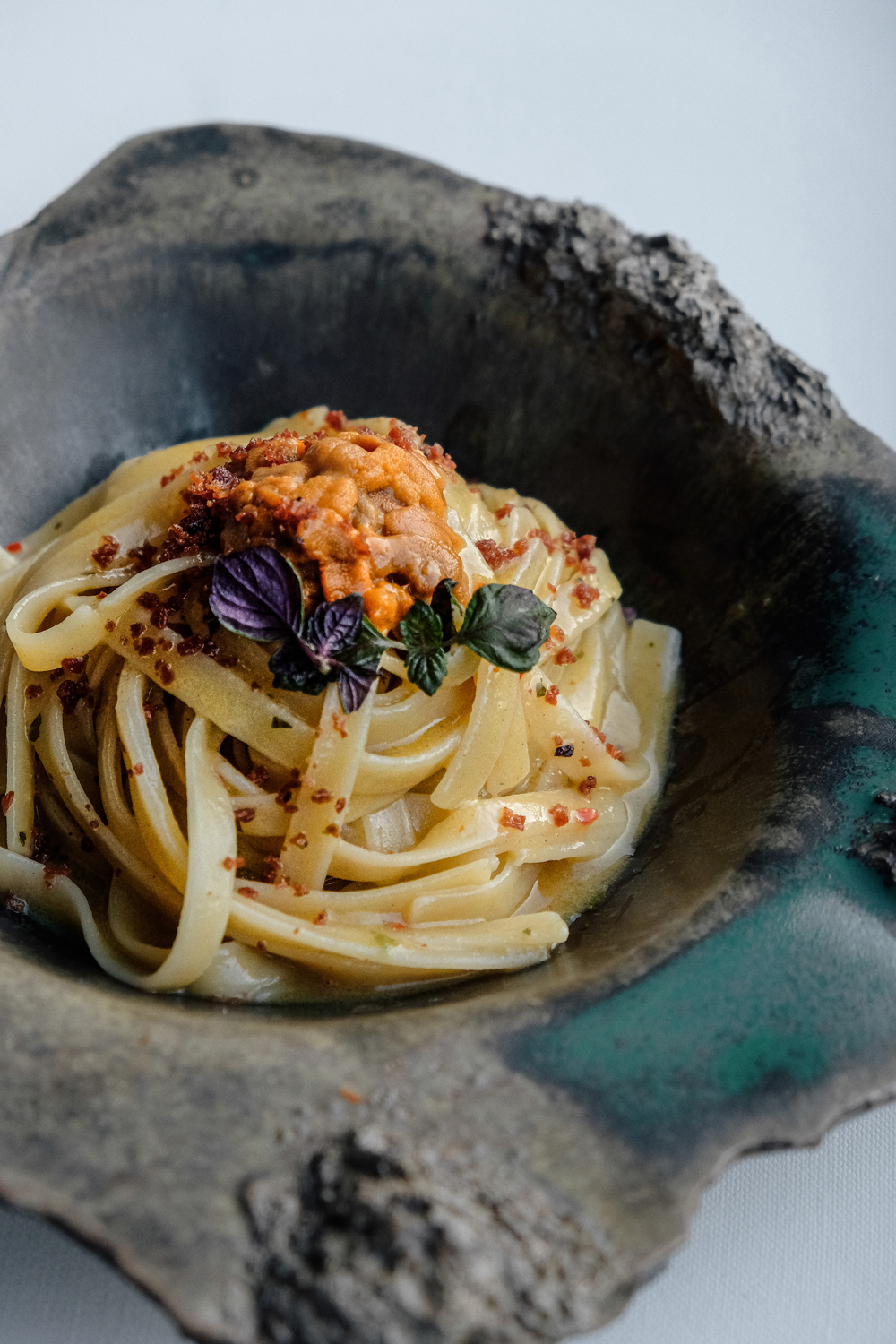
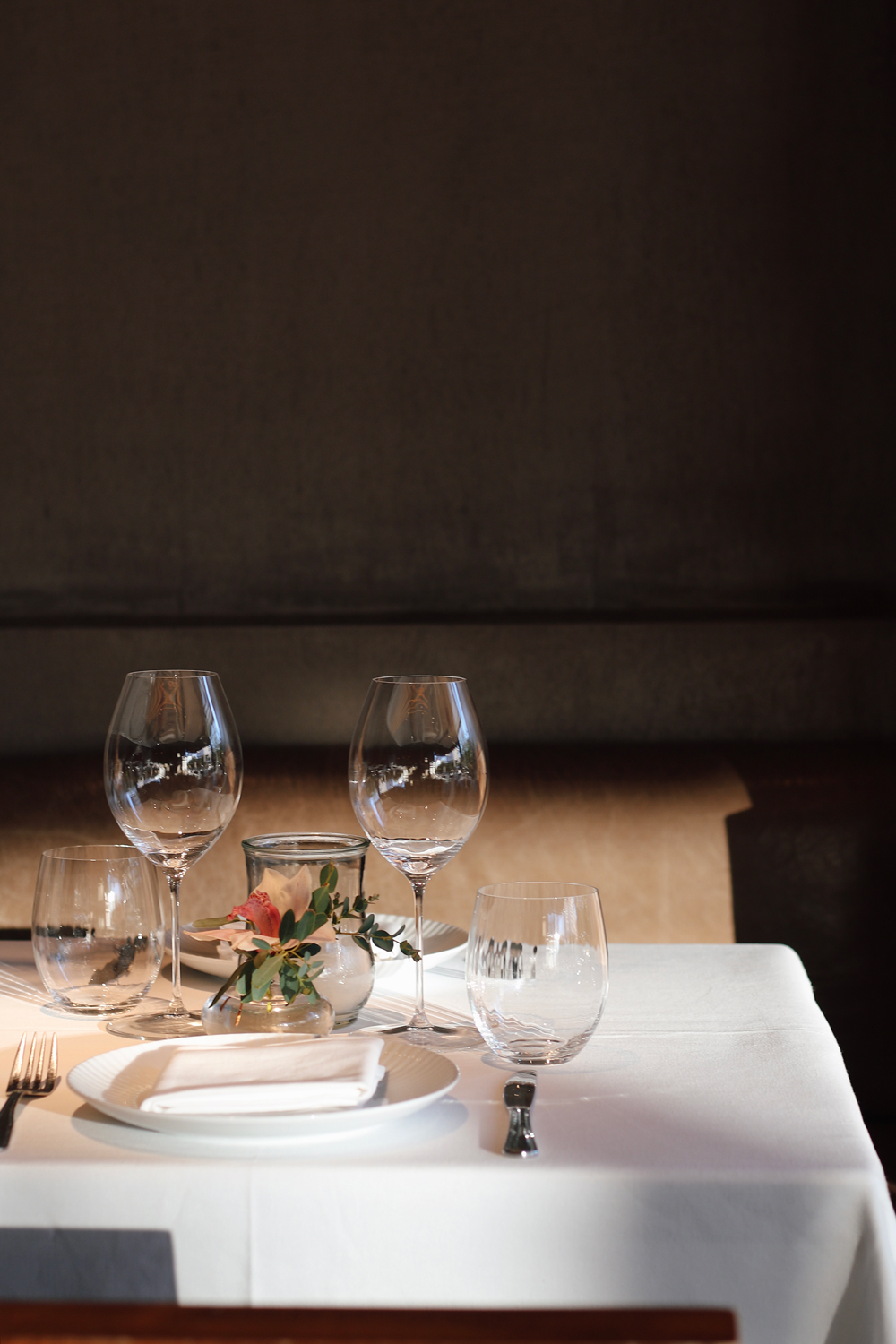
At Vezené, you emphasize cooking over a wood fire. Why is this technique important to you, and how does it enhance the flavor of your dishes?
Wood fire acts as an infinite spice, bringing a subtle film of flavour to every dish, creating complexity and depth without being able to identify if it’s the wood fire, the herbed brush of the meat or something else. It is somewhat mythical.
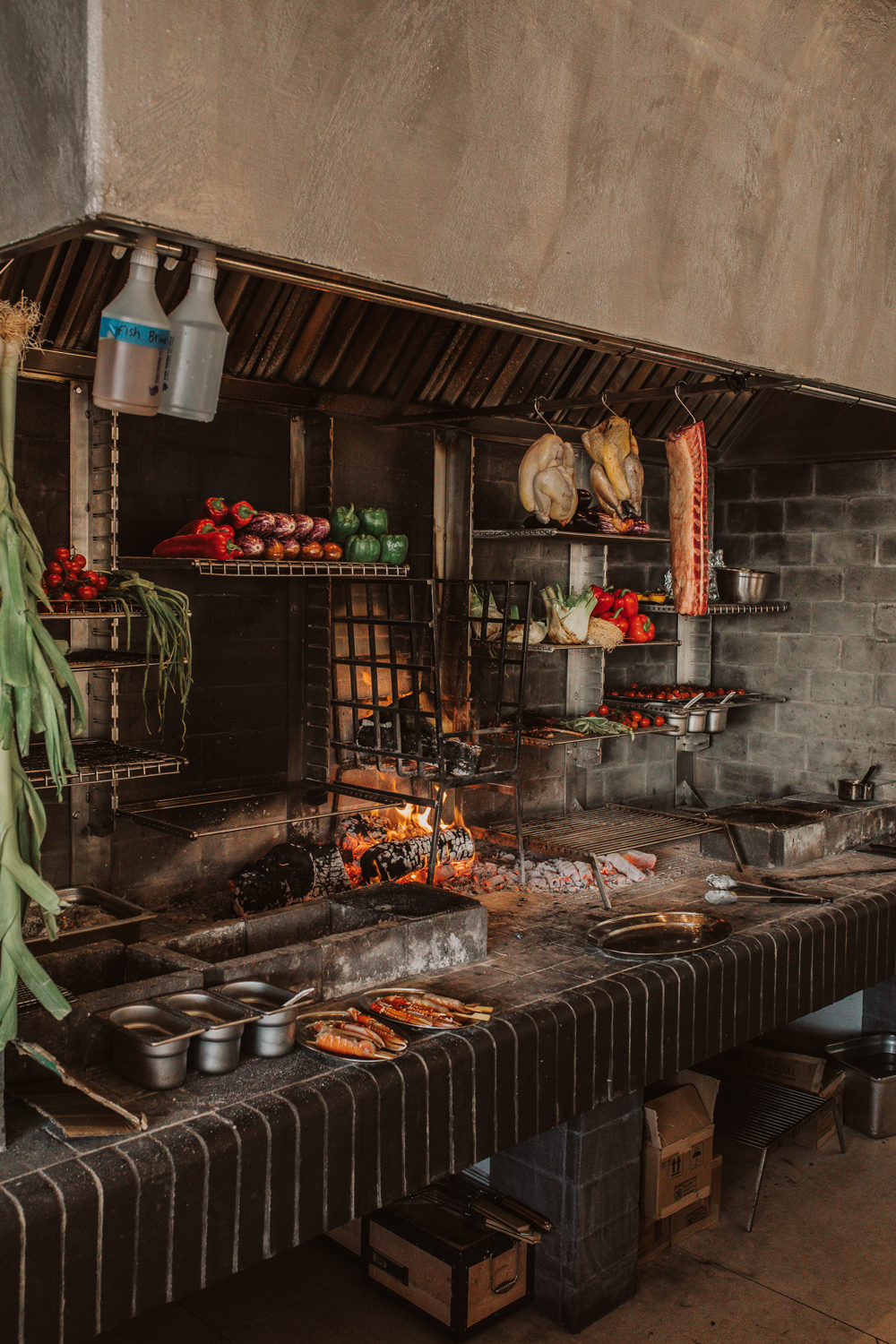
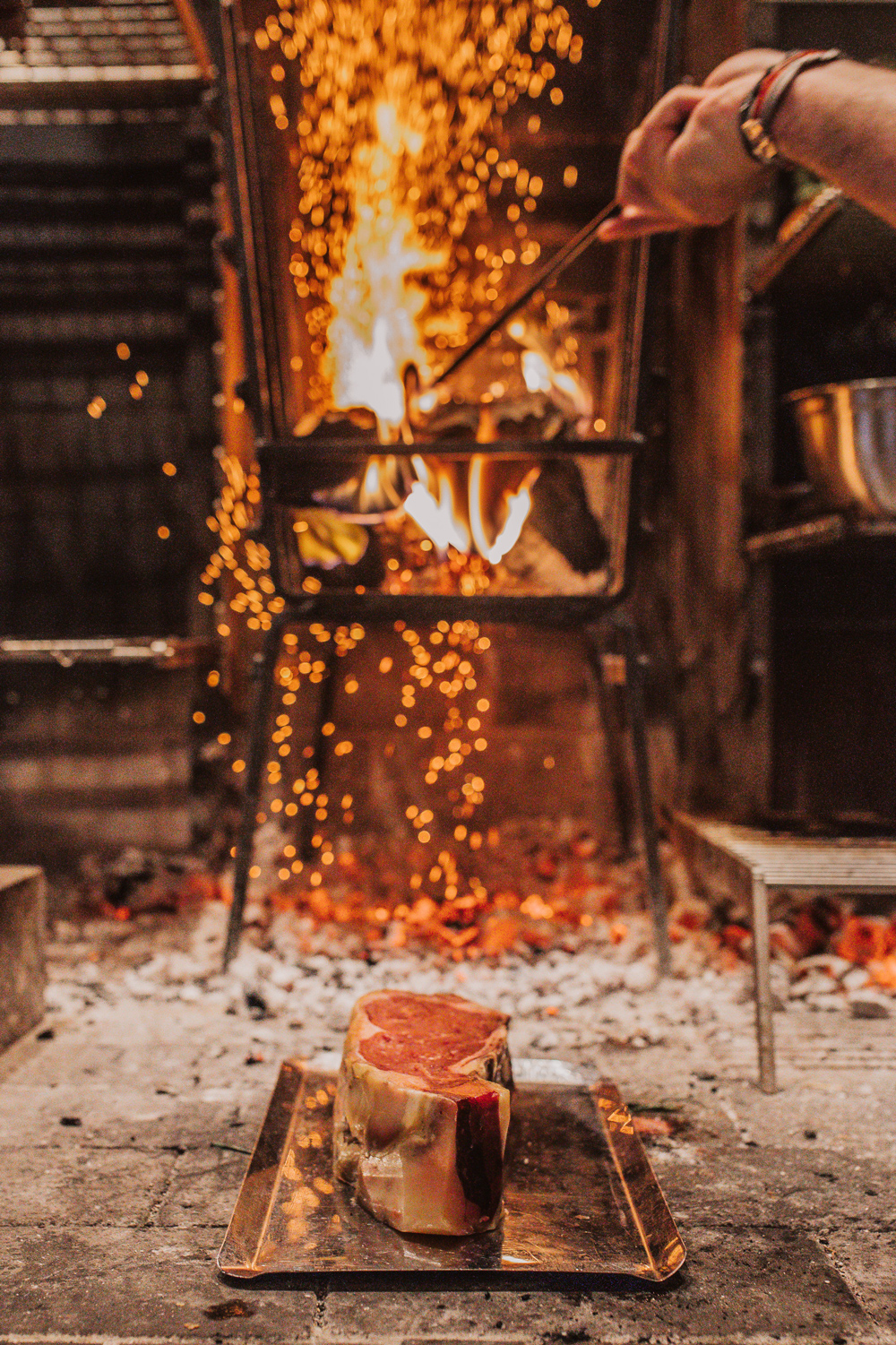
Your Smash burger is renowned for being particularly addictive. Can you share what makes it so special?
I could but would rather keep you guessing. 😊
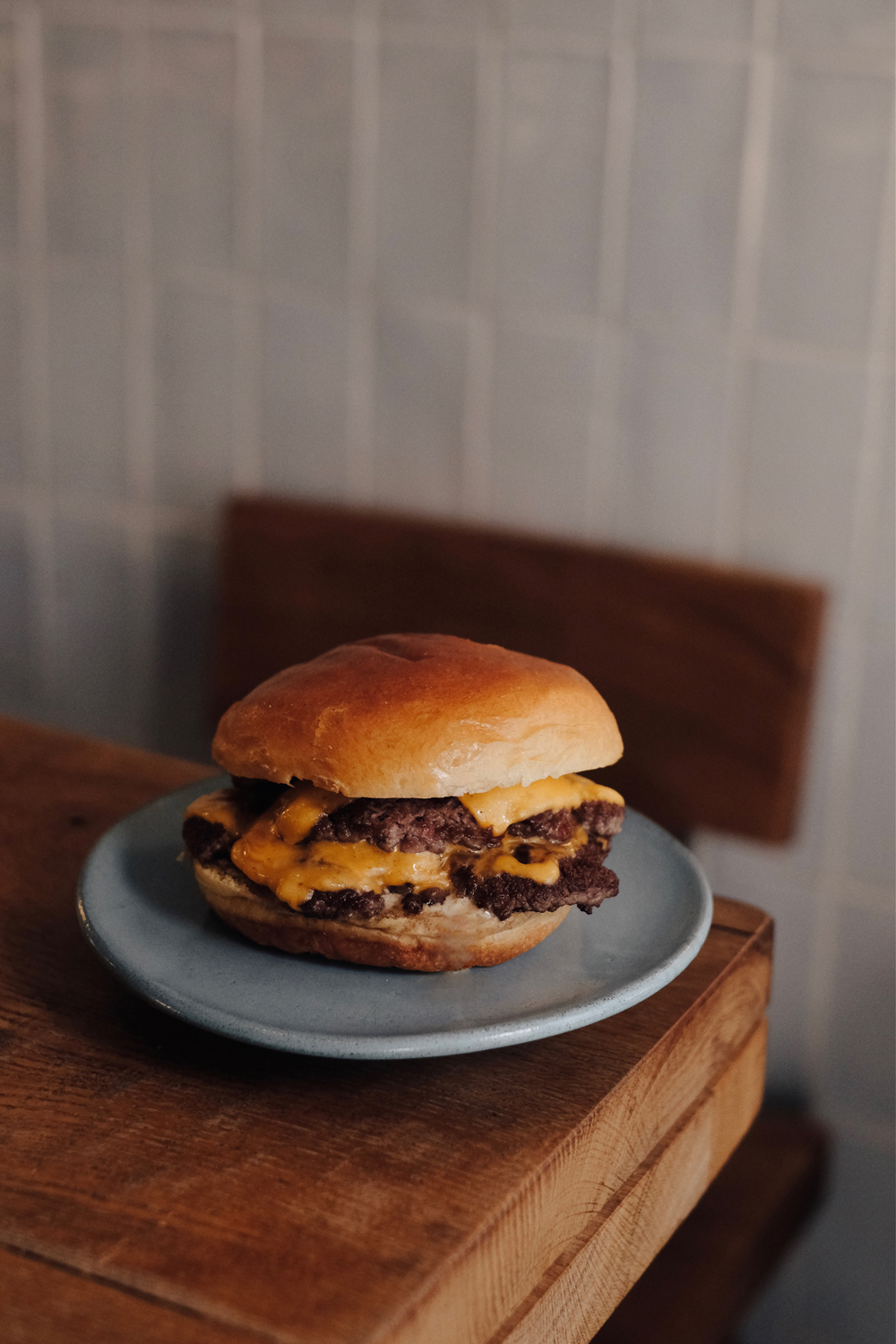

With Ekiben expanding from a market stall to a full-fledged dining hall, how do you plan to maintain the essence of the street food experience that made it popular?
We are still honouring the essence of Ekiben – Its street culture was created as a function of the first space we launched it in -we are still honouring its street culture popularity by creating a larger space that enables customers to enjoy our food in any environment at a counter or seated at a table as opposed to at a bar, at a sidewalk, on-the-go or within the comfort of your living room.

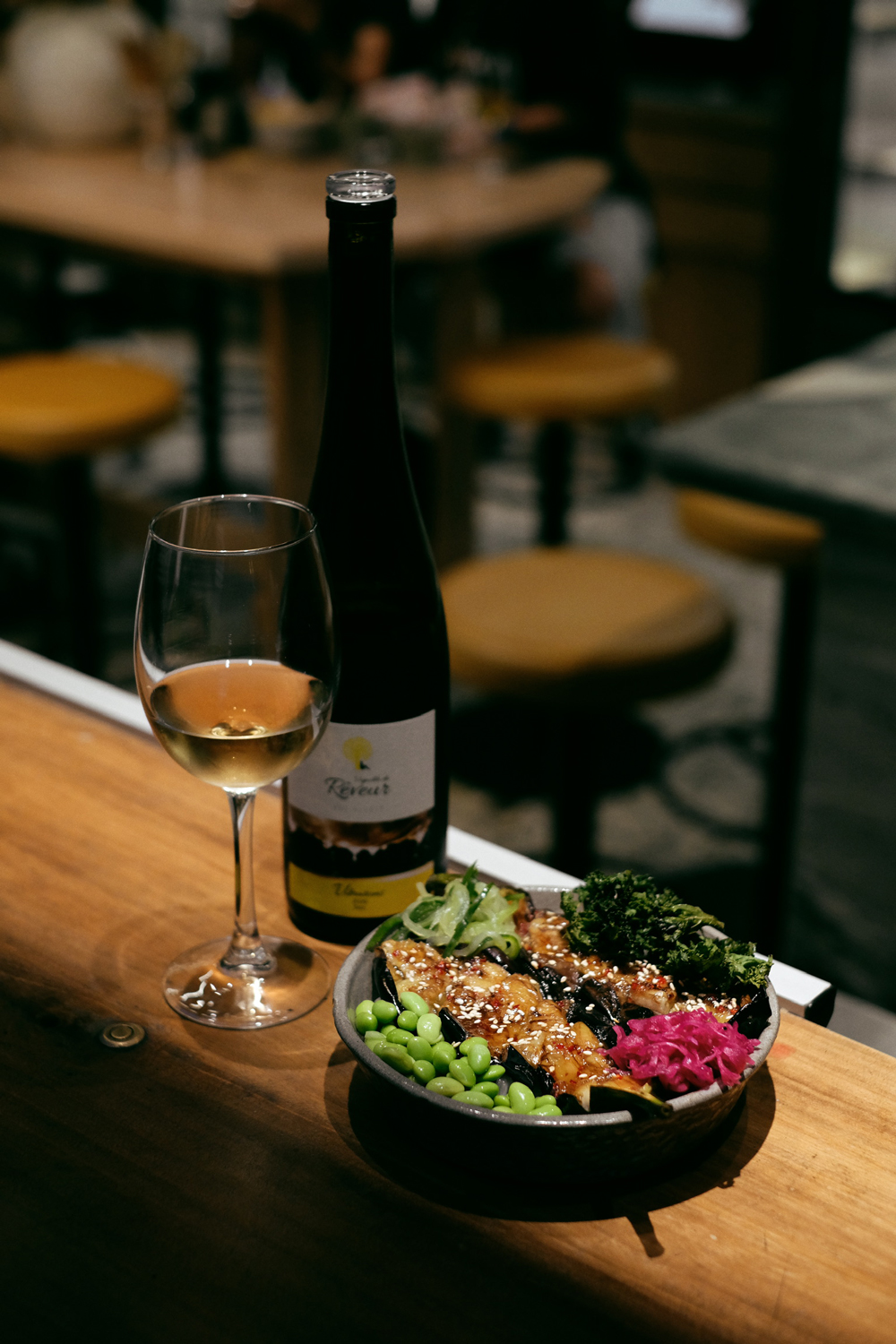
How did the idea of integrating Birdman Records with Ekiben come about? Can you share more about how the record store and live shows will enhance the dining experience?
A shrine to vinyl, where the musically curious can browse, listen, dig, and mingle. Birdman Records is a natural evolution for the brand, inspired by Tokyo listening bars and the maverick spirit of small, independent record labels. With DJs on the turntables day and night, live sets, album launches, and block parties, Birdman Records is a hangout for artists, producers, and vinyl lovers from far and wide. As well as new and rare releases, the store is an exclusive outlet for limited edition compilations by Birdman’s music curators and an intimate stage for impromptu gigs and freestyle MCs.

On the same downtown alley as Birdman, Ekiben, and Ikigai, the wood-panelled space is reminiscent of a recording studio, with incredible acoustics to match the audiophile aesthetic. A secret nook upstairs offers a more intense listening experience. Downstairs, the range of merchandise, art books, and hand-picked collector’s items.


What inspired the concept for Manari Taverna, and how does it differ from your other restaurants in terms of menu and atmosphere?
I wanted to go back to my roots and pay homage to the hasapo-taverna (butcher-taverna). Manari is a nod to the shepherds and smallholders who raise the ethically reared meat that is the mainstay of the short, seasonally versatile menu. Inspired by the deliberate simplicity and warm family atmosphere of classic neighbourhood joints, the unpretentious but elevated taverna fare will conjure up childhood memories for the local crowd. A soundtrack of Greek popular music from the 1950s-‘80s will emphasise this nostalgic sense of fun. Food will be served family style, with starters to share, slow-cooked dishes of the day, seasonal salads, lamb and mutton chops served by the kilo and a lively list of low-intervention Greek wines, a selection of ouzo, tsipouro, local beers, and spirits will be as reasonably priced as the generous dishes on offer.
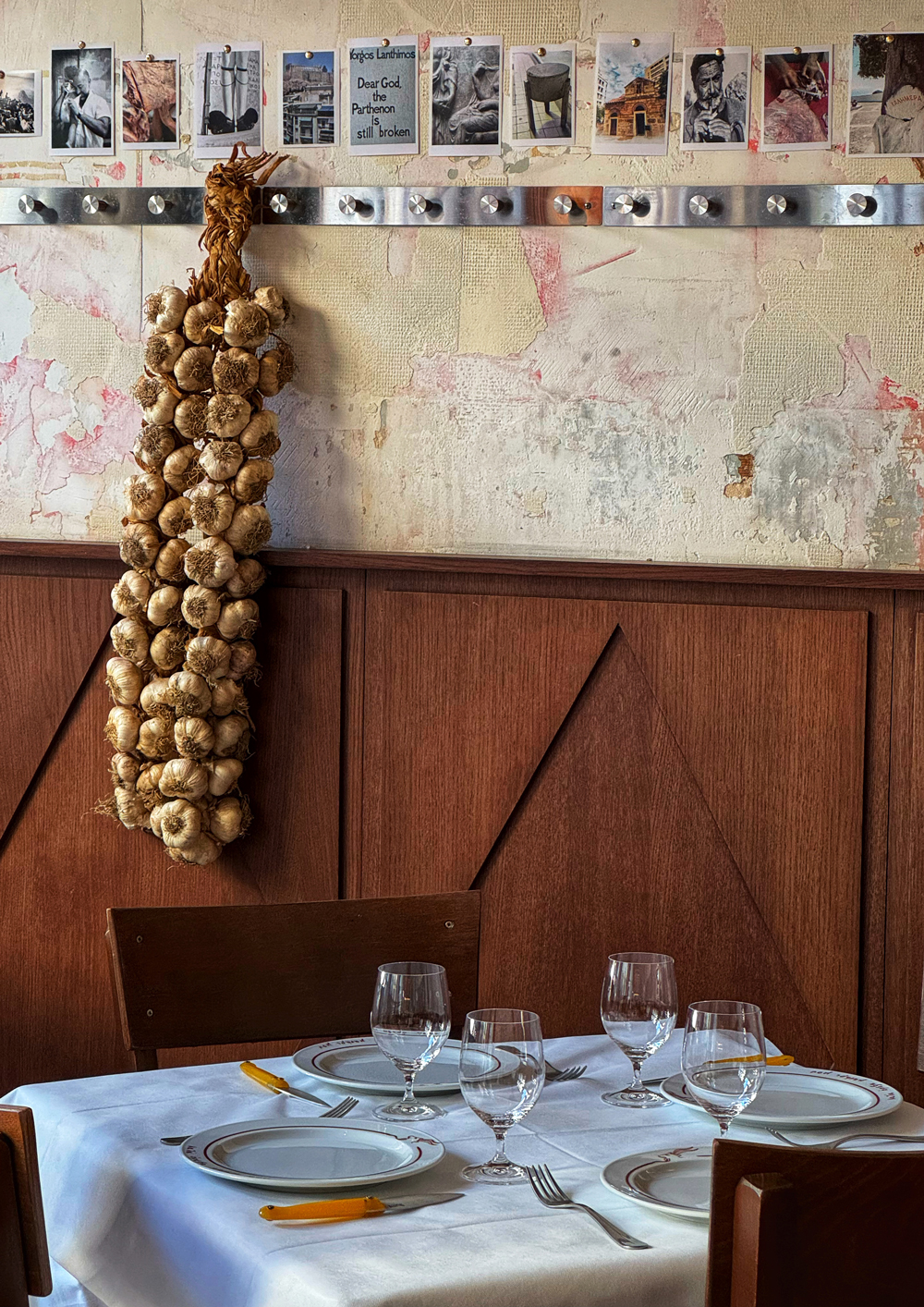

How do you stay current with culinary trends while maintaining your signature style? Are there any new trends or influences you’re particularly interested in exploring?
I have an ongoing mission to discover people’s cultures and their food. This essentially fuels my appetite for discovery. Currently, I’m intrigued a lot about Persian culture and civilisation. I appreciate Persian heritage, its people, creativity in design and the arts. Persian food has depth in flavor and spice and is a party for the senses.
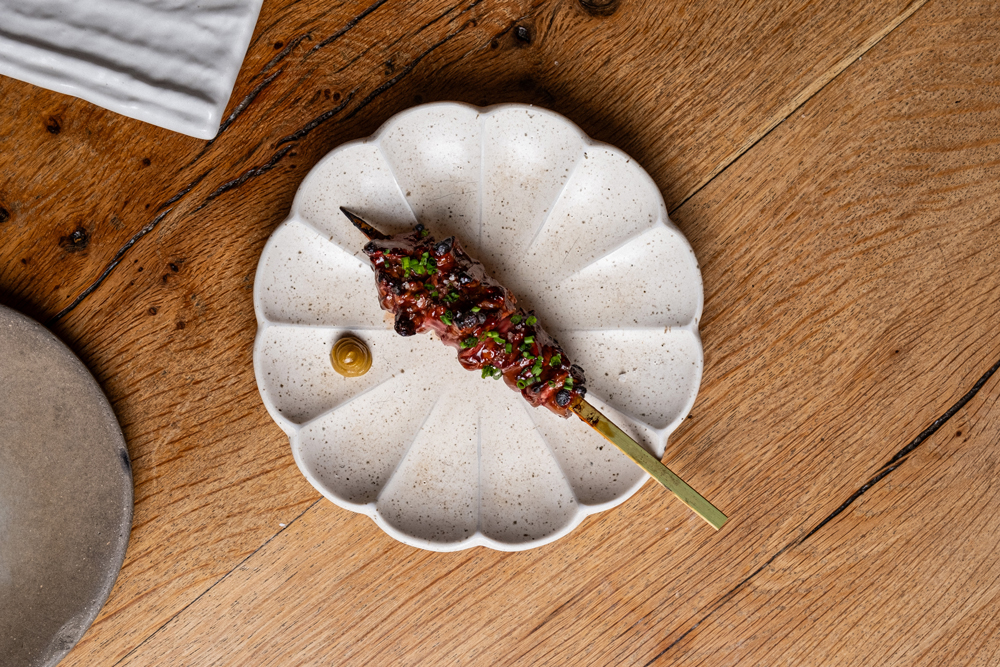
What advice would you give to chefs and restaurateurs who are looking to create successful dining concepts?
Work hard, keep an open mind, respect tradition, look forward, keep it simple and make me come back more than once.
How do you see the evolution of Greek cuisine?
“We are only scratching the surface, the world is still learning about Greek cuisine let alone regional Greek cuisine. We are only just getting started.”
What role do you believe contemporary chefs should play in rewriting the culinary chapters of their heritage?
They have an active role and they should stay true to their roots and be open-minded as they look to the future.
